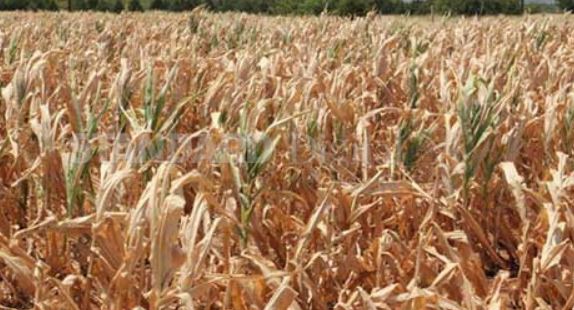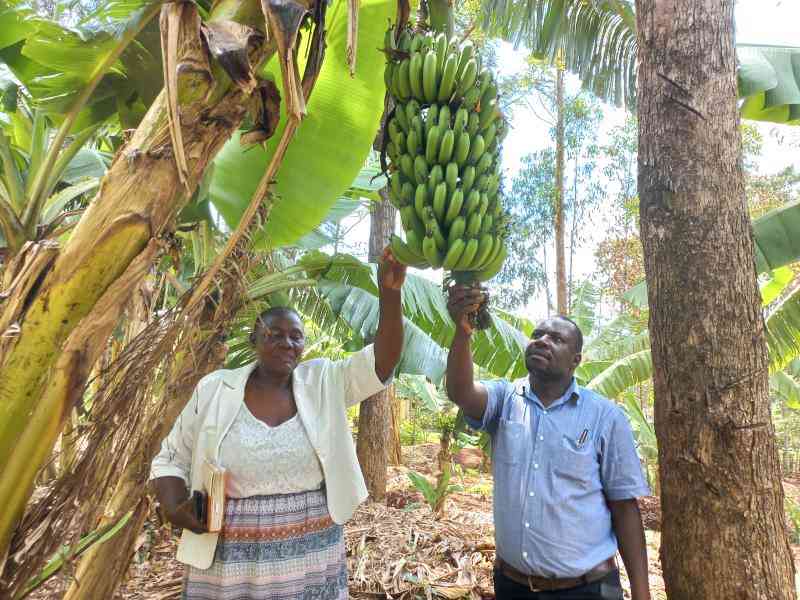Agriculture has been and still is the backbone of every economy and deserves all the joint efforts from the relevant stakeholders to ensure that food security is sustained.
This comes after the threats posed to our farmers ranging from unpredictable weather patterns, locust invasion, skyrocketing demand, to price violation. Such threats have presented opportunities and losses in equal measures. Farmers have had huge losses whenever calamity comes up.
As such, the need to protect losses arose with a cross-section of underwriters and brokers/Agents joining hands in support of farmers-both larger scale and small scale by introducing agriculture insurance in their portfolio.
This kind of investment has great potential to provide value to low-income farmers and their communities, both by protecting farmers when shocks occur and by encouraging greater investment in crops and livestock.
However, in practice, the effectiveness has often been constrained by the difficulty in designing good products and by demand constraints. We have very little success stories to display going by the statistics of uptake of the product especially by the small-scale farmers and the number of underwriters able to take responsibility if the risk occurs. The low number of underwriters and brokers in this playing field is explained by the high cost of administration and risk of fraud. The low uptake is also explained by the lack of awareness and understanding of the cons and pros of one having agricultural insurance.
The government through the Industry regulator, the Insurance Regulatory Authority (IRA), needs to lead the way. Farmers are entitled to knowledge of this noble product that safeguards their livelihoods. A green environment is a sign of a thriving nation as far as food security is concerned. IRA has done its bit. Other players also need to step up in this cause.
The underwriters can do much beyond just designing the products but also aligning it to the changing needs of the specific consumers. Brokers and agents also have a role to play but can only do so much unless they are equipped with the much-needed knowledge on the intricacies of the product. The little engagement between the underwriters and end-users has somehow worked against them.
Agents on the other hand despite enjoying direct contact with the consumers are disadvantaged on the basis that their access to data and leverage data analytics is limited. It is vital that even as we vouch for the uptake of not just this product in particular but the entire insurance product portfolio, agents and underwriters must work hand in hand.
The benefits of doing so are enormous. The underwriters have the data and tools to generate insights, the agents have direct contact with consumers. As agents benefit from insights the underwriters have provided based on the data collected, the latter can enjoy direct contact with the consumers. It is through working together that the industry can benefit and livelihoods positively impacted.
Apart from working together, both the underwriters and the agents need to leverage the advantages offered to us by technology to reduce the cost of designing and administering agricultural insurance. The use of drones should be welcomed among other technology capabilities available at our disposal. Clients who have consumed the cover and at no given time have been compensated for any loss should be incentivized to avoid fatigue that normally sets in after some time.
Agents training should be fastened regarding agriculture insurance. Underwriters also need to provide simple guidelines for agents who are interested and able to sell agri-insurance. We need to instill farmer’s confidence in the coverage. All the actors must share best practices and technical expertise. Working together can bring good policies geared towards ensuring food security to life.

Mr. Clifford Ochieng, Chairman- Association of Kenya Professional Insurance Agents (AKPIA)
 The Standard Group Plc is a
multi-media organization with investments in media platforms spanning newspaper
print operations, television, radio broadcasting, digital and online services. The
Standard Group is recognized as a leading multi-media house in Kenya with a key
influence in matters of national and international interest.
The Standard Group Plc is a
multi-media organization with investments in media platforms spanning newspaper
print operations, television, radio broadcasting, digital and online services. The
Standard Group is recognized as a leading multi-media house in Kenya with a key
influence in matters of national and international interest.
 The Standard Group Plc is a
multi-media organization with investments in media platforms spanning newspaper
print operations, television, radio broadcasting, digital and online services. The
Standard Group is recognized as a leading multi-media house in Kenya with a key
influence in matters of national and international interest.
The Standard Group Plc is a
multi-media organization with investments in media platforms spanning newspaper
print operations, television, radio broadcasting, digital and online services. The
Standard Group is recognized as a leading multi-media house in Kenya with a key
influence in matters of national and international interest.









